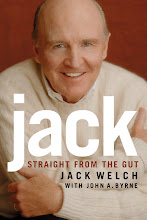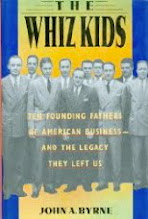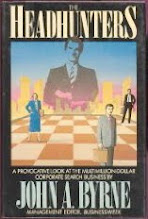A few days back, before I left for China and before the holiday season descended upon us, we tackled a key question: "What's the Biggest Mistake Media Companies Make Online?"
I received several solid answers from followers of this blog, including Frymaster who immediately took sides in the ongoing war between Traditional Media and Google. Wrote Frymaster: "I reject out-of-hand the assertion that Google is profiting from others' content. Rather, I say that Google profits from connecting users to content. It is a service that most web publishers appreciate greatly. Google, unlike any other search engine ever, goes to great pains to deliver the least-skewed results possible. Google is constantly on the hunt for people who game their system. That's why they succeed. There is a direct connection between Google's user-centric, community-oriented approach and their financial success."
Rupert Murdoch's protestations aside, there is no doubt that Google is driving vast amounts of traffic to websites run by traditional media companies. In recent years, most of BusinessWeek.com's growth came from search optimization and direct traffic. Up until only three years ago, the number one referring domain at BusinessWeek was always a portal until Google's popularity replaced Yahoo Finance and MSN Money as the top referrer. Search--largely Google--now accounts for some 45% of the traffic at BW.com, up from less than 20% in 2006. That simple little box is driving vast amounts of advertising inventory (and therefore revenue) to the site and it's no coincidence. In common with every other media brand, we did lots of things to make our site search friendly. We rewrote headlines, simplified URLs, hired an on-staff SEO expert to lead seminars in search optimization. In other words, we courted Google and the search traffic we achieved. It's a similar story everywhere else.
Donkey Show, the novel
-
My new novel, Donkey Show, is out in trade paperback. The digital version
will come next month, with the official launch.
The idea for the novel came ba...
3 years ago

















